Debate: are the Portland protests helping or hindering Trump’s re-election bid?
Critics say deployment of federal forces is part of US president’s ‘law and order’ re-election campaign
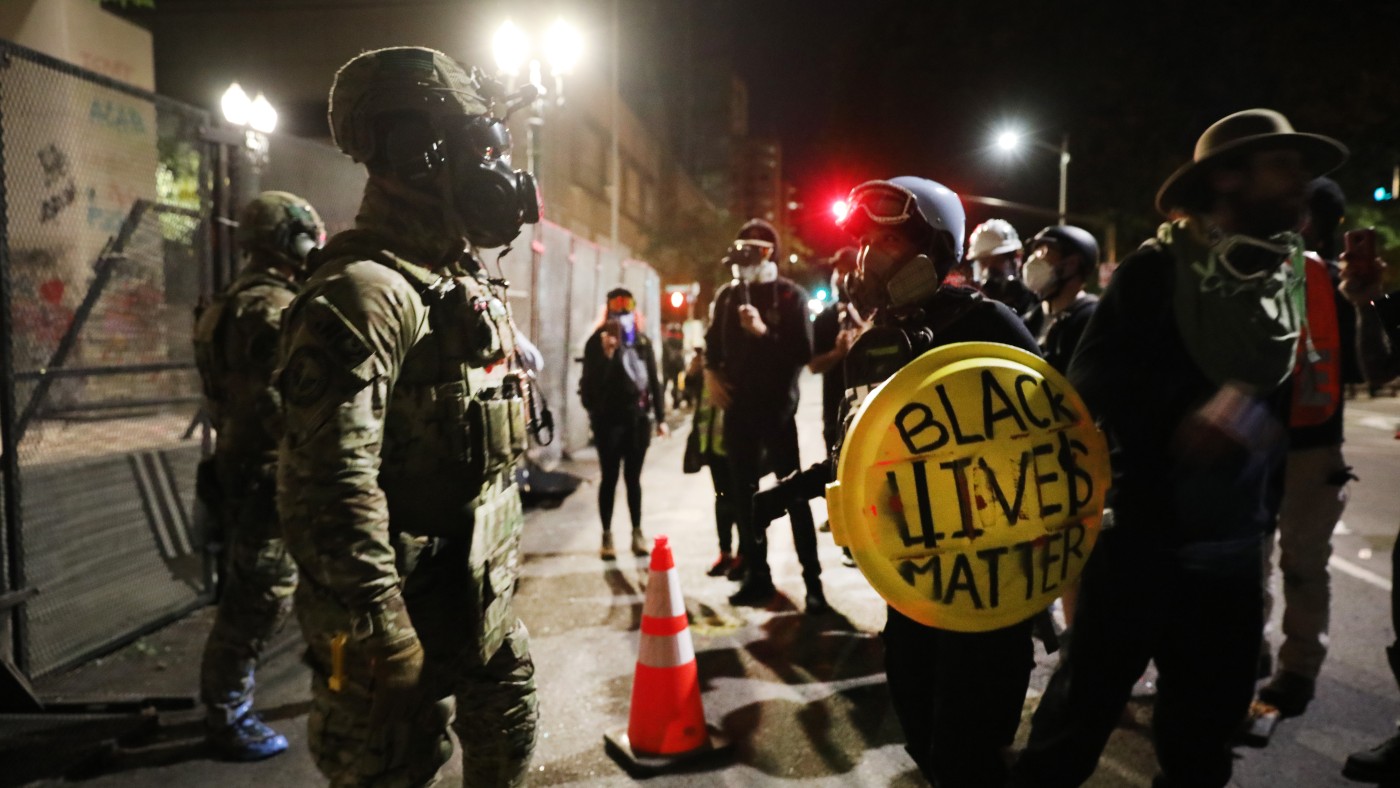
A free daily email with the biggest news stories of the day – and the best features from TheWeek.com
You are now subscribed
Your newsletter sign-up was successful
The Donald Trump administration has agreed to an immediate “phased withdrawal” of federal forces from Portland, the state’s governor announced last night.
The US president has faced sustained calls to pull back heavily armed agents sent to the Oregon city to quell a wave of protests against systemic racism and police brutality that began after the death of George Floyd in May.
Critics say the deployment is “performative authoritarianism” intended to boost the president’s provocative “law and order” re-election campaign. But if that was Trump’s intention, are the tough tactics likely to be a vote winner?
The Week
Escape your echo chamber. Get the facts behind the news, plus analysis from multiple perspectives.

Sign up for The Week's Free Newsletters
From our morning news briefing to a weekly Good News Newsletter, get the best of The Week delivered directly to your inbox.
From our morning news briefing to a weekly Good News Newsletter, get the best of The Week delivered directly to your inbox.
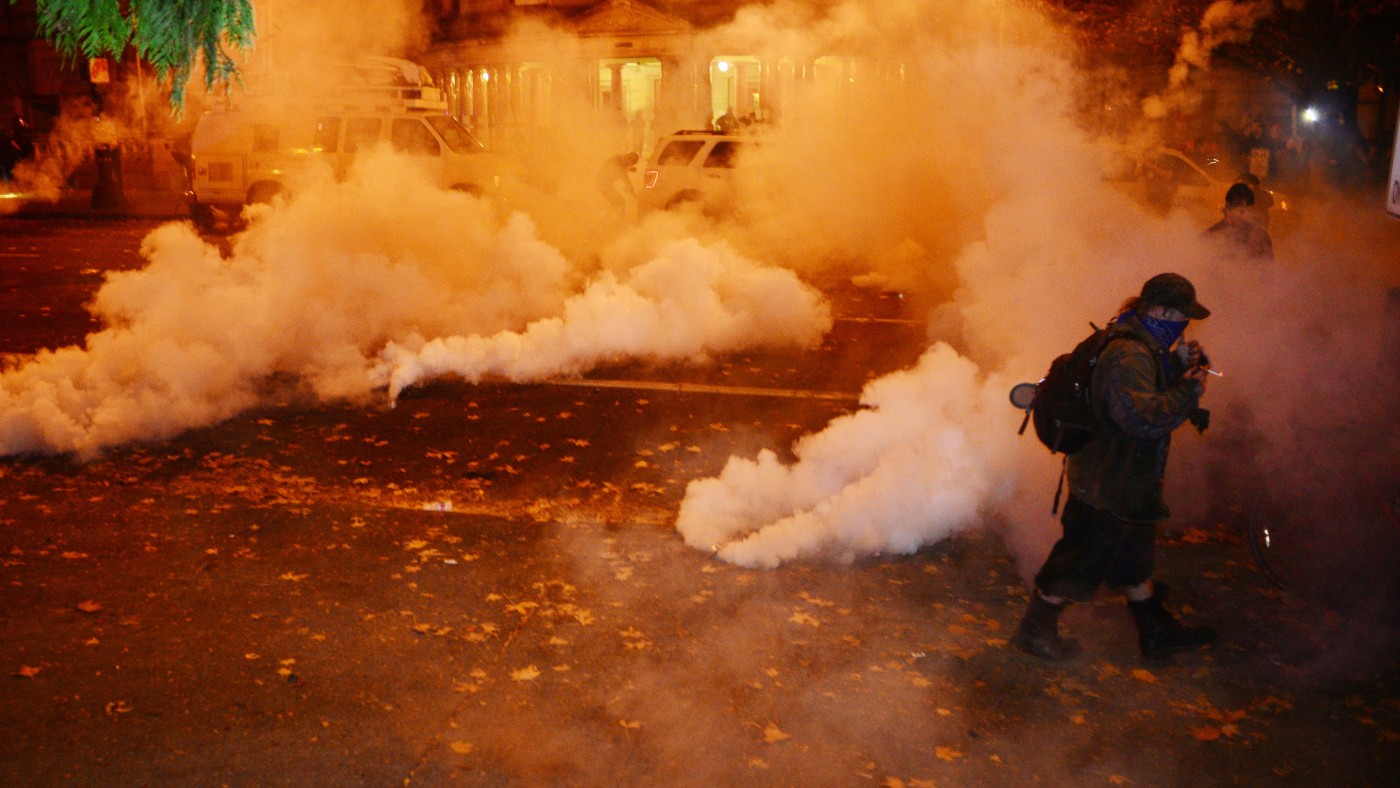
How does Trump’s use of federal agents differ from that of past US leaders?
The strategy of bringing in federal forces to help contain domestic unrest has “a long American lineage”, says The New York Times.
Federal troops “went into Los Angeles to control the Rodney King riots. They entered Washington, Chicago and Baltimore in the days after the killing of the Rev Dr Martin Luther King Jr in 1968,” the newspaper continues.
“They went into Detroit during a race riot in 1943, and then again in 1967. They were in Little Rock, Arkansas, during school integration. For the Pullman Strike of 1894 in Chicago, and across numerous cities during the Great Railroad Strike of 1877, they were there, too.”
A free daily email with the biggest news stories of the day – and the best features from TheWeek.com
But “there is something different in this moment”.
For one thing, the federal law enforcement agencies available to the current president are more numerous and militarised than those of the past.
For another, the question of whether federal agents are even needed to suppress the current protests is hotly disputed, with some commentators arguing that the law enforcers are inflaming the demonstrations rather than quelling them.
Compared with similar interventions in the past, “I don’t think there’s anywhere near the same kind of consensus at the federal level that federal authority is actually being subverted”, says Stephen Vladeck, a law professor at the University of Texas at Austin.
“What’s new and troubling here is we have a very, very contested factual predicate. And it’s not remotely clear to me what federal laws are going unenforced.”
“This is the very thing that scared the heck out of the framers of the Constitution,” agrees Barry Friedman, a law professor at New York University.
“There’s been an over-tendency to cry wolf,” Friedman says of Trump’s first term in office. “Well, this is wolf. This is it.”
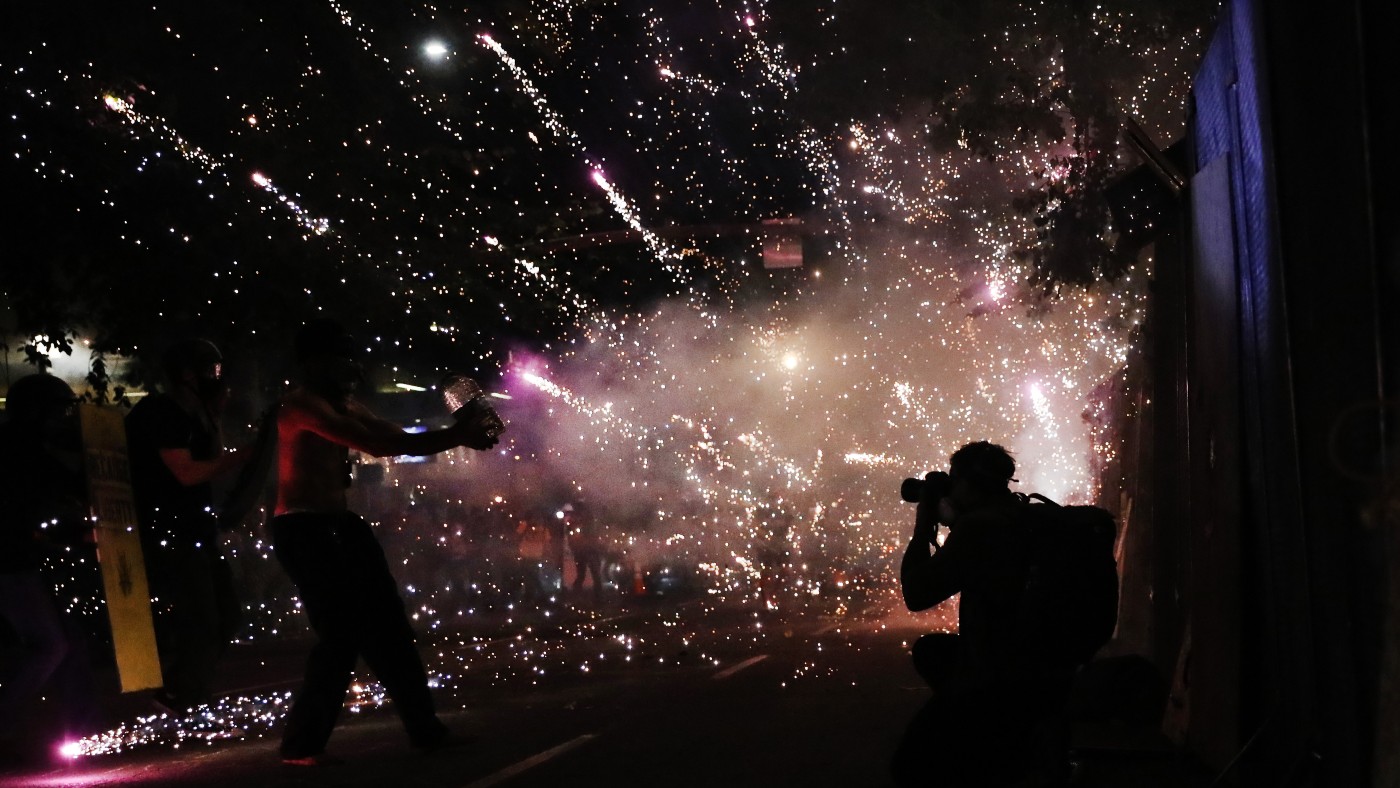
So is the deployment aiding the president’s re-election chances?
According to France 24’s international affairs editor Douglas Herbert, Trump is attempting to “create chaos as a rallying point for his own re-election on a law and order agenda”.
Sky News’s James Morrow agrees that the protests could be advantageous to the president, but disagrees that Trump has fuelled the unrest. Morrow argues that the incumbent is merely capitalising on chaos that is being created by the protesters and the Democratic mayor of Portland.
“I know a lot of people say Trump is on the back foot, but Democrat mayors like Portland's Ted Wheeler are giving him the best campaign commercials he could dream of,” Morrow says.
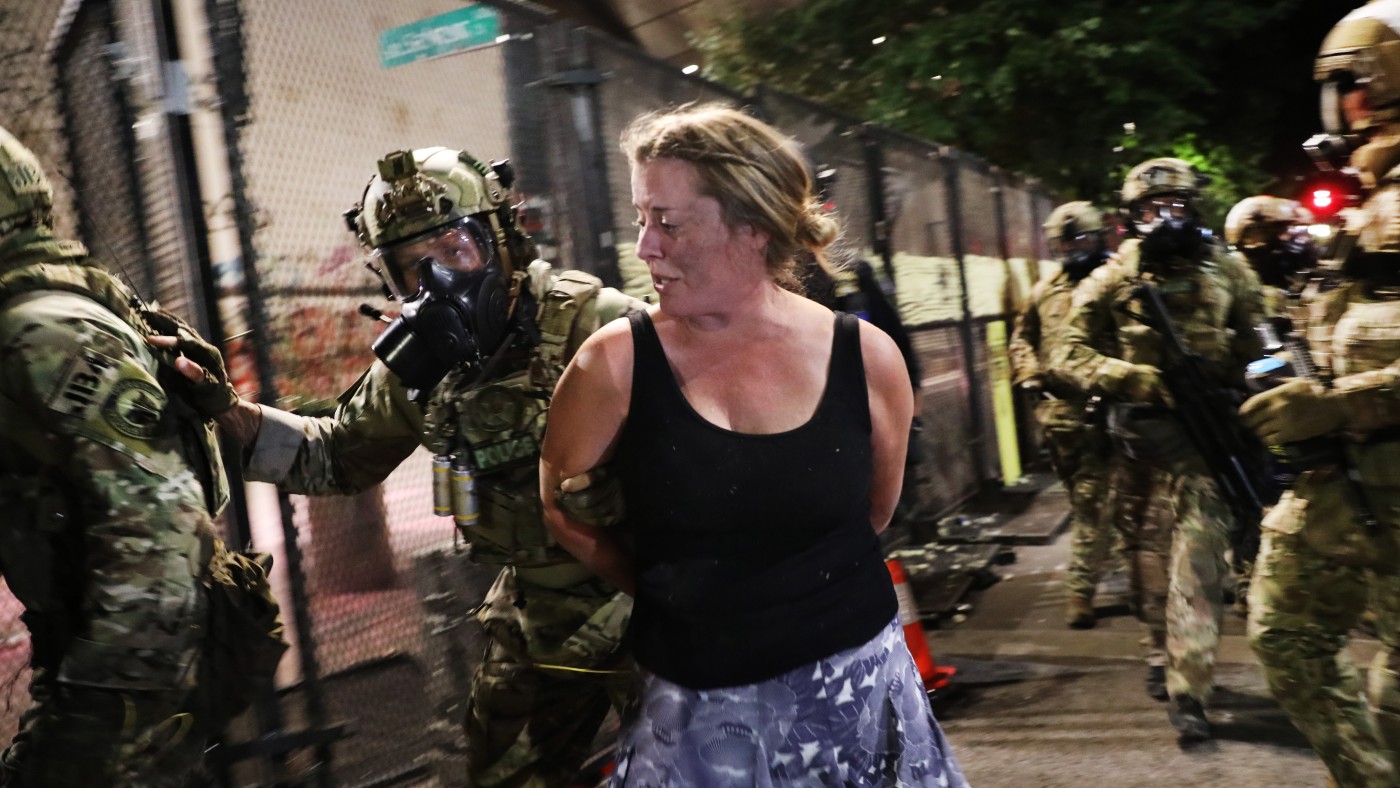
Or is it harming his electoral chances?
Even if deploying federal forces to the streets was a strategy to win votes, crime is not a top concern for most US citizens, says Julia Azari, a professor of political science at Winsconin’s Marquette University. And highlighting chaos in the streets is not a wise tactic for an incumbent president, she adds.
“For most swing voters, the question comes down to, ‘Are things good, are things not good?’”, Azari says. “And I don’t see this story as being a really compelling way to reframe the situation as like, ‘Things are good’.”
Recent polling suggests that this assessment is correct, with presumptive Democratic presidential nominee Joe Biden leading “as the candidate Americans trust more to handle law and order”.
Reuters/Ipsos polling last month found that white suburban Americans are more worried about healthcare and the economy than crime. Asked what is “the most important problem facing the United States today”, 21% said the economy and the same percentage said healthcare, while only 6% said crime.
But some commentators believe public sentiment could change if the protests persist.
“It’s going to be a long, hot summer. Protesters show no sign of backing down. Nor does Trump,” The Guardian concludes.
Arion McNicoll is a freelance writer at The Week Digital and was previously the UK website’s editor. He has also held senior editorial roles at CNN, The Times and The Sunday Times. Along with his writing work, he co-hosts “Today in History with The Retrospectors”, Rethink Audio’s flagship daily podcast, and is a regular panellist (and occasional stand-in host) on “The Week Unwrapped”. He is also a judge for The Publisher Podcast Awards.
-
 Companies are increasingly AI washing
Companies are increasingly AI washingThe explainer Imaginary technology is taking jobs
-
 The 9 best steroid-free players who should be in the Baseball Hall of Fame
The 9 best steroid-free players who should be in the Baseball Hall of Famein depth These athletes’ exploits were both real and spectacular
-
 ‘Bad Bunny’s music feels inclusive and exclusive at the same time’
‘Bad Bunny’s music feels inclusive and exclusive at the same time’Instant Opinion Opinion, comment and editorials of the day
-
 Death in Minneapolis: a shooting dividing the US
Death in Minneapolis: a shooting dividing the USIn the Spotlight Federal response to Renee Good’s shooting suggest priority is ‘vilifying Trump’s perceived enemies rather than informing the public’
-
 Trump pardons crypto titan who enriched family
Trump pardons crypto titan who enriched familySpeed Read Binance founder Changpeng Zhao pleaded guilty in 2023 to enabling money laundering while CEO of the cryptocurrency exchange
-
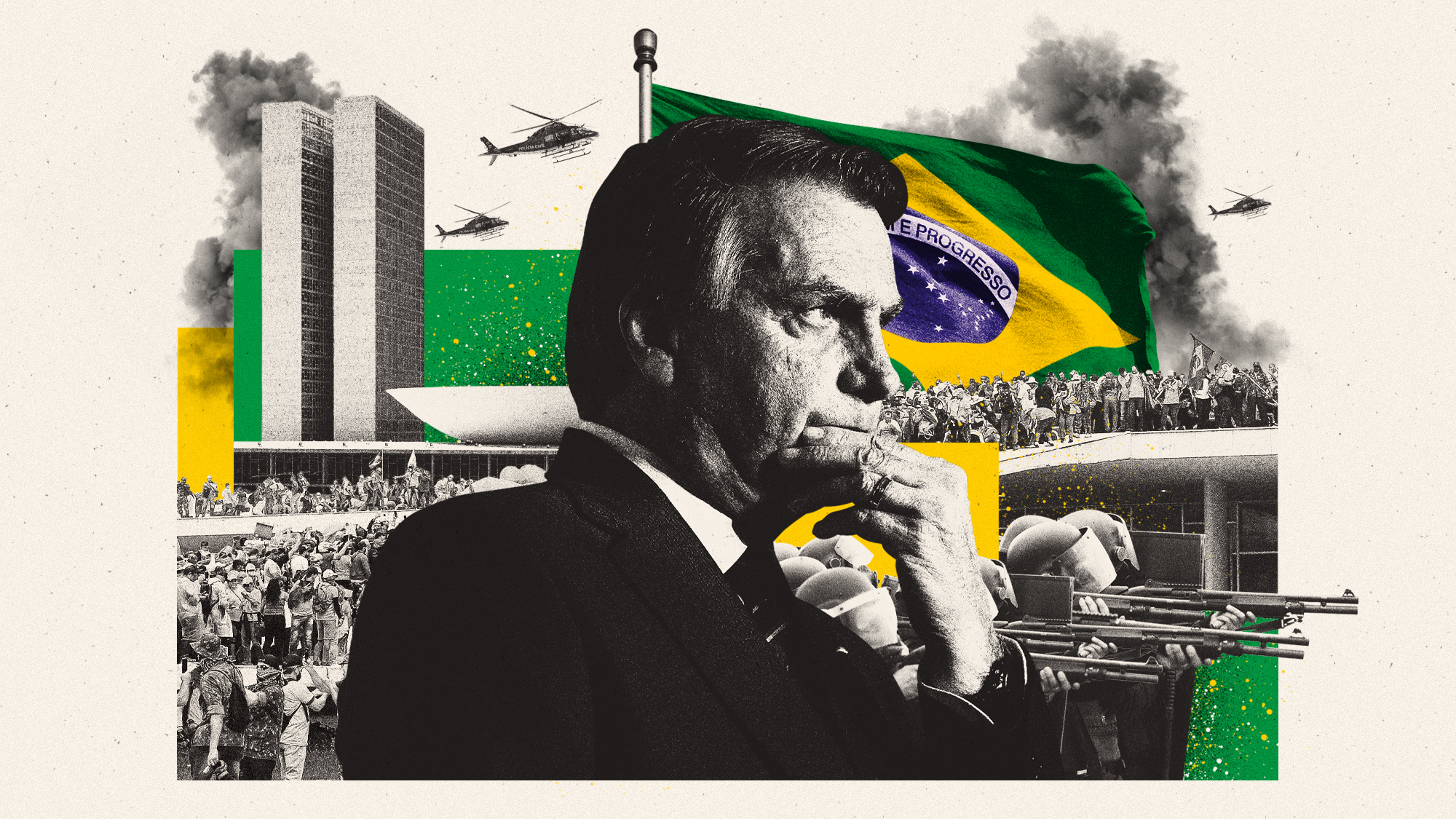 The trial of Jair Bolsonaro, the 'Trump of the tropics'
The trial of Jair Bolsonaro, the 'Trump of the tropics'The Explainer Brazil's former president will likely be found guilty of attempting military coup, despite US pressure and Trump allegiance
-
 Trump lambasts crime, but his administration is cutting gun violence prevention
Trump lambasts crime, but his administration is cutting gun violence preventionThe Explainer The DOJ has canceled at least $500 million in public safety grants
-
 Crime: Why murder rates are plummeting
Crime: Why murder rates are plummetingFeature Despite public fears, murder rates have dropped nationwide for the third year in a row
-
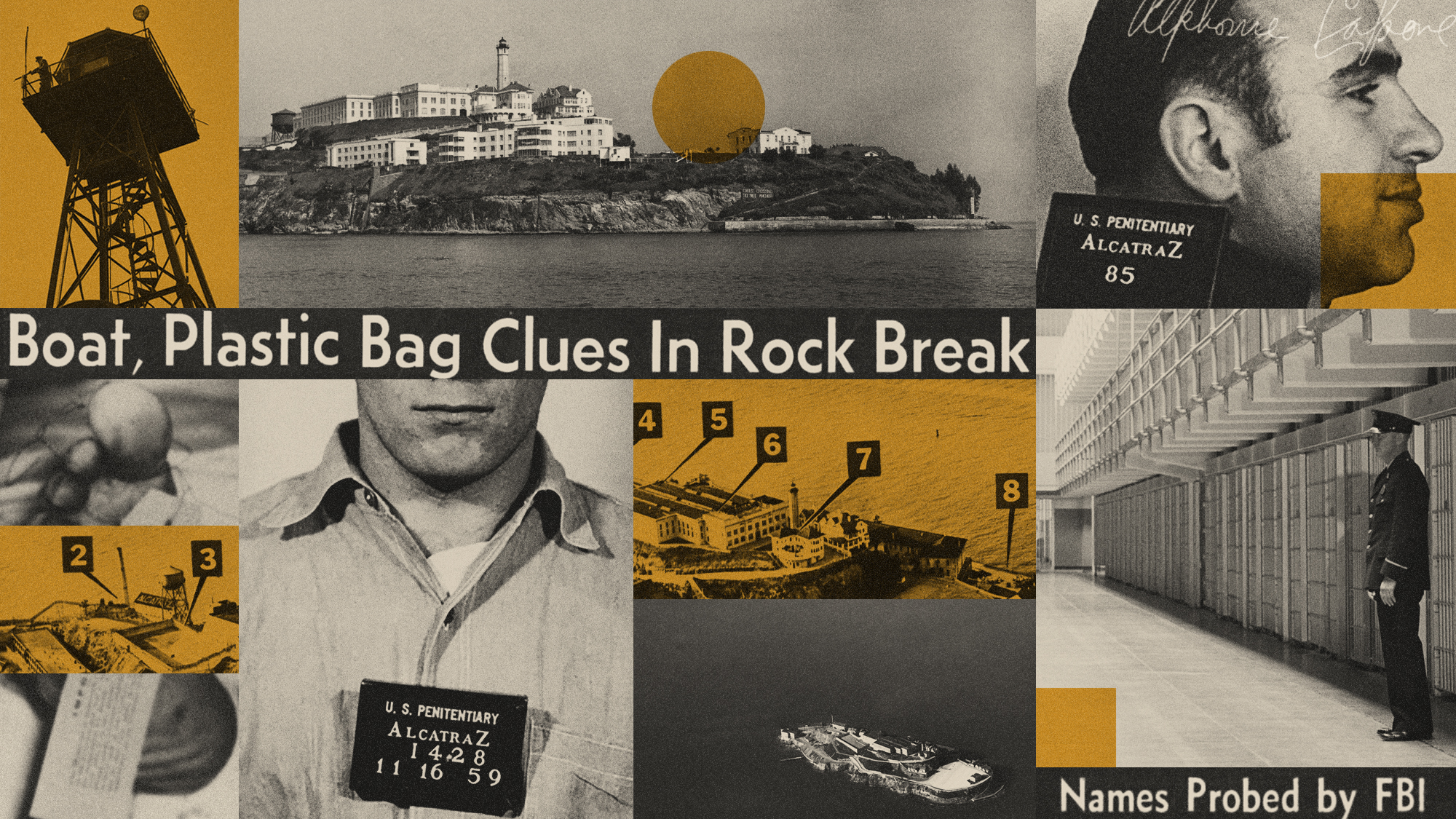 Alcatraz: America's most infamous prison
Alcatraz: America's most infamous prisonThe Explainer Donald Trump wants to re-open notorious 'escape-proof' jail for 'most ruthless and violent prisoners' in the US
-
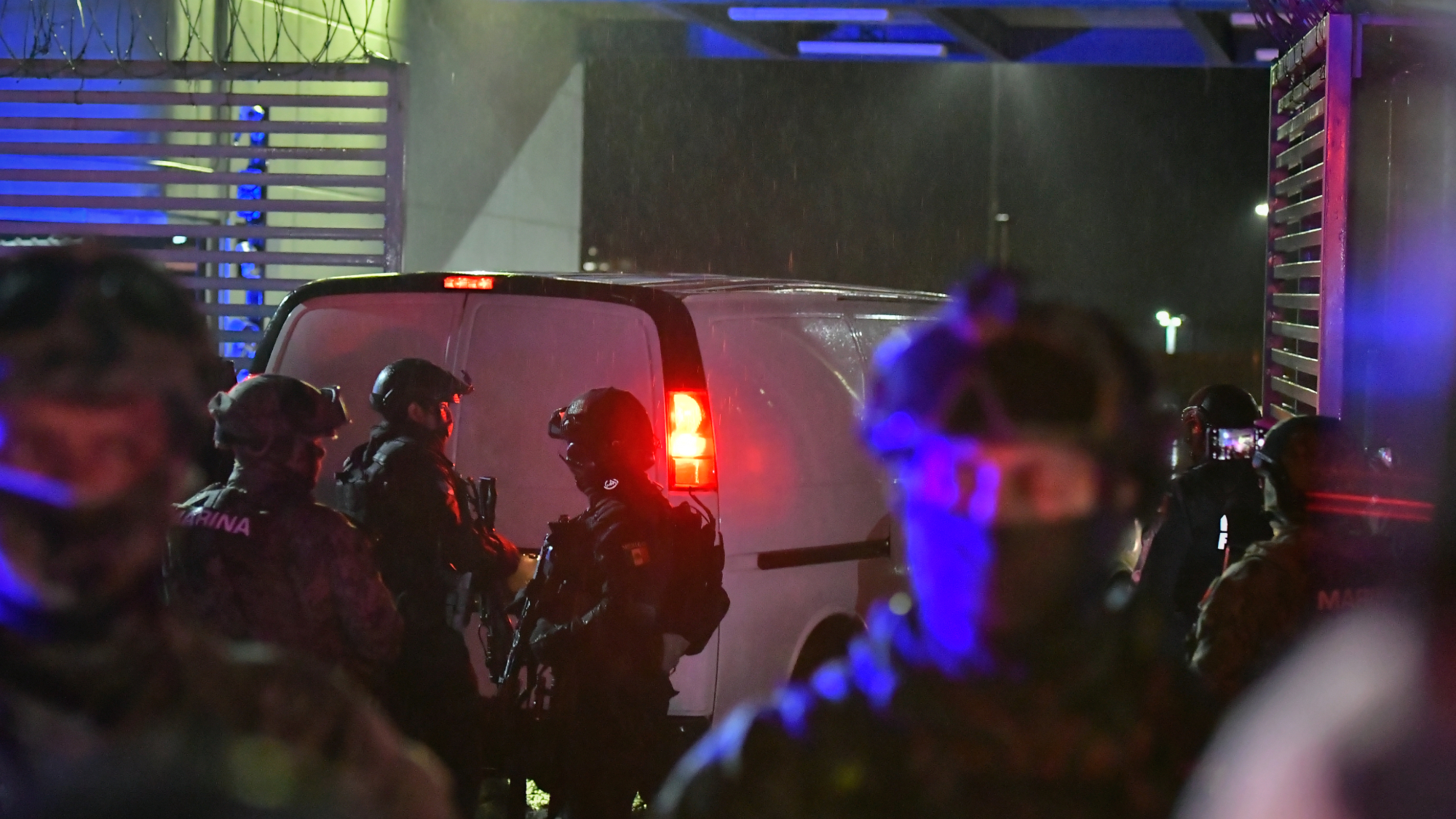 Mexico extradites 29 cartel figures amid US tariff threat
Mexico extradites 29 cartel figures amid US tariff threatSpeed Read The extradited suspects include Rafael Caro Quintero, long sought after killing a US narcotics agent
-
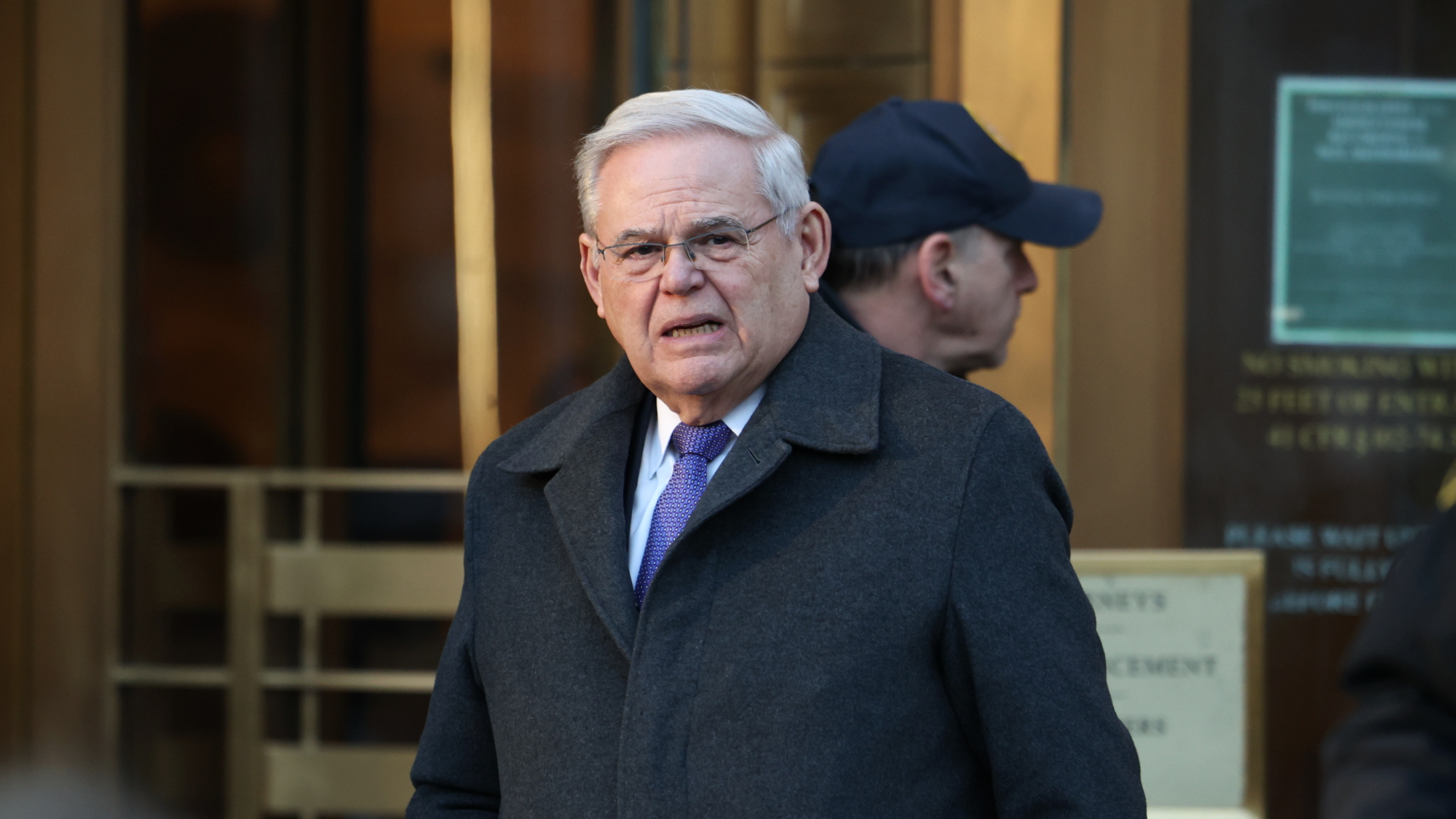 Ex-Sen. Bob Menendez sentenced to 11 years
Ex-Sen. Bob Menendez sentenced to 11 yearsSpeed Read The former New Jersey senator was convicted on federal bribery and corruption charges last year